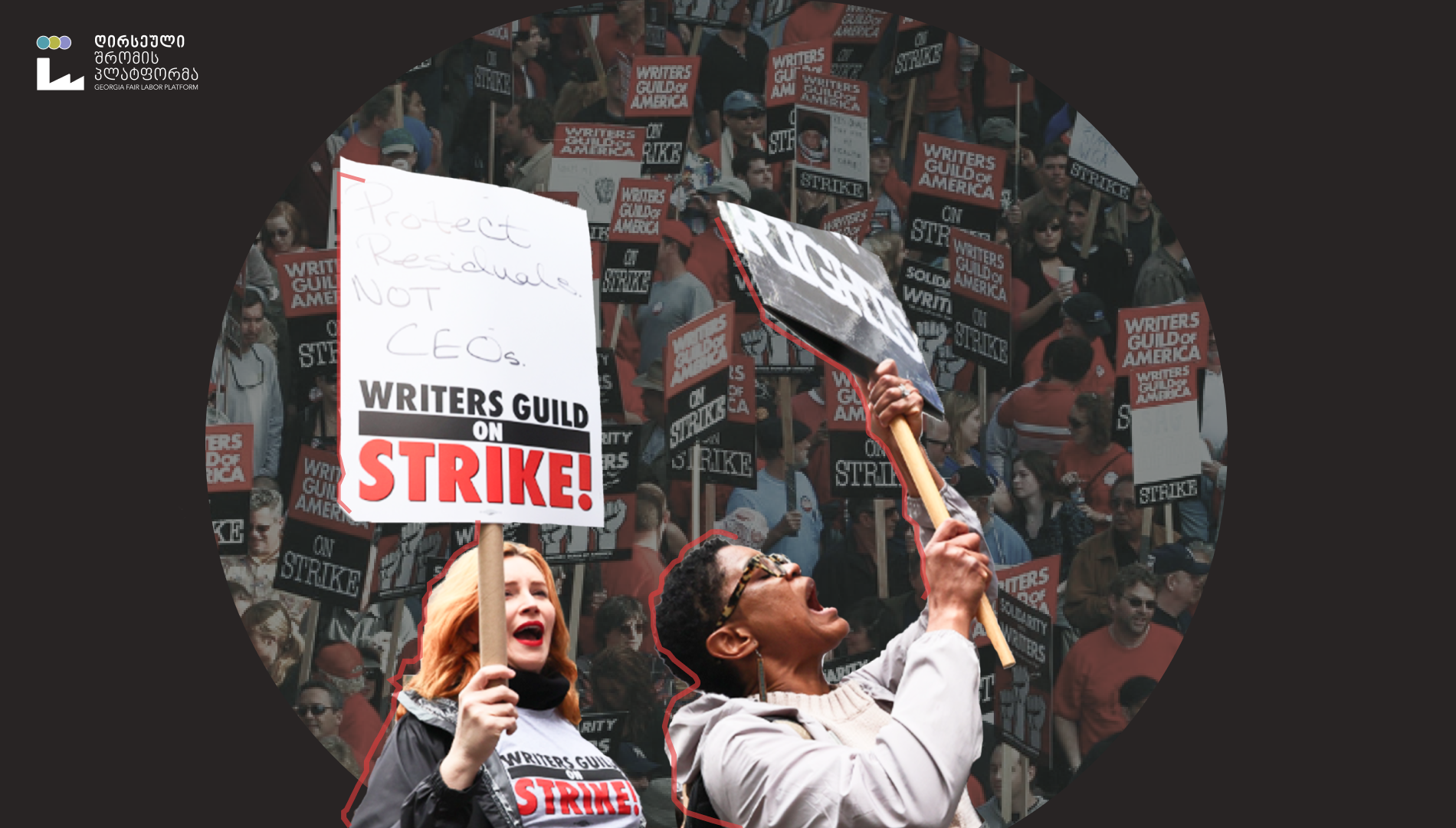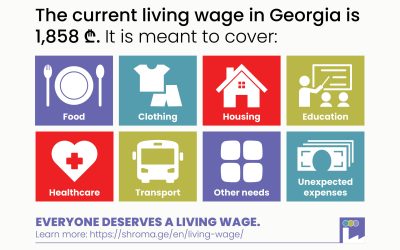“Fists up, pens down,” “Alexa can’t replace me,” “Don’t make me a freelancer” – these slogans have reverberated through the streets of New York and Los Angeles in recent days. Hollywood writers and screenwriters are on strike, organizing demonstrations in the streets with blue shirts, protest signs and shouts.
Thousands of screenwriters in Hollywood, one of the richest industries in the world, have gone on strike to demand a living wage. The screenwriters are members of the Writers Guild of America (WGA). After weeks of fruitless negotiations, WGA members began picketing the Hollywood studios on May 2. Some 11,500 screenwriters have gone on strike against the Alliance of Motion Picture and Television Producers (AMPTP) after talks over pay rises with major studios broke down. Members of this alliance include some of the world’s richest companies, including Universal, Paramount, Walt Disney, Netflix, Amazon, Apple, CBS, Sony, and Warner Bros. Discovery.
In today’s world, the power of artificial intelligence (which carries real risks of replacing employees) and the development of app-based labor platforms have created opportunities to exclude a growing list of professions from labor regulations and are forcing countless workers into the private contractual sphere – including screenwriters. In their relentless pursuit of increased profits, even the richest companies in the world are focusing on minimizing their obligations as employers. Screenwriters have become dependent on the one-time needs of companies. This means unstable income, no health insurance and no pension benefits, among other things.
Technological change, along with the emergence of new forms of work, has created new opportunities for businesses to avoid traditional labor regulations. The US screenwriters’ strike is about making ensuring that their activities are covered by labor laws and ensuring a living wage. Although Hollywood screenwriters also went on strike for 100 days in 2007-08, such actions are rare. A number of actors and other industry figures have come out in support of the screenwriters.
The failure to properly regulate new forms of work and related technology is a growing problem in the world, including Georgia. In the first months of 2023, Georgia has seen a wave of strikes across the country – many involving app-based workers. In addition to traditional demands for better working conditions, fair wages and safety guarantees, workers are also calling for better regulation of the app-based economy.
Nevertheless, even traditional labor protection mechanisms in Georgia are weak and ineffective. The concept of a living wage is nowhere to be seen on the policy agenda. The minimum wage has not changed since the 1990s and still stands at 20 GEL per month. In addition, workers’ rights to strike are weak, and employers regularly exploit this weakness to their advantage. For example, Georgian courts have held that the right to strike is valid only during “non-working hours” and strikes are commonly referred to as sabotage or “processes controlled by external forces” – as if workers are some sort of afterthought in Georgia’s economy.
Georgia is not only behind on regulating the app-based economy and new forms of work; it also has a long way to go to ensure protection of traditional labor rights.



